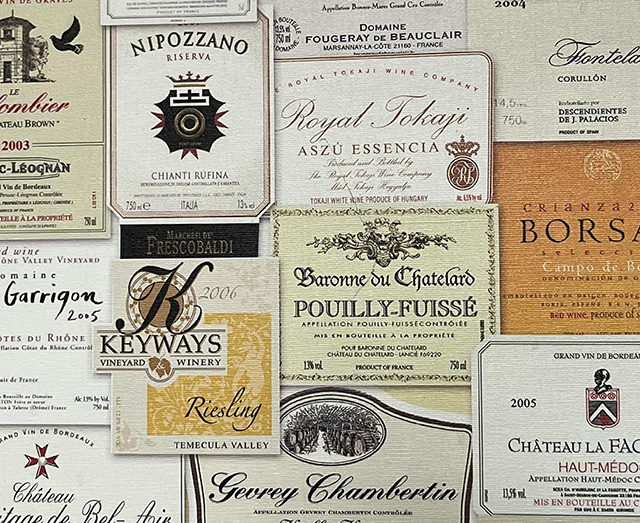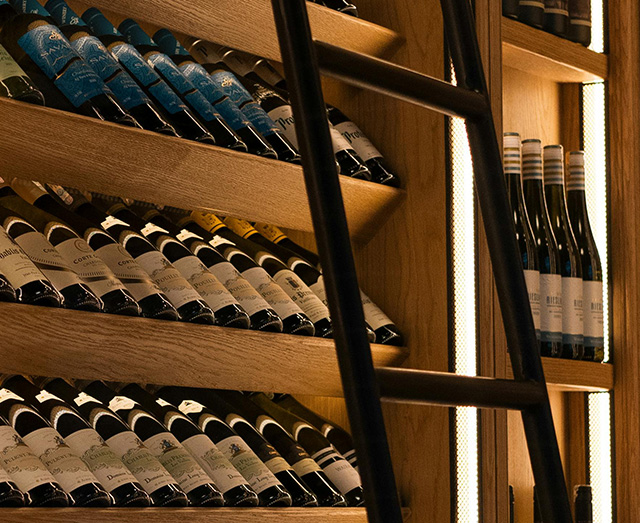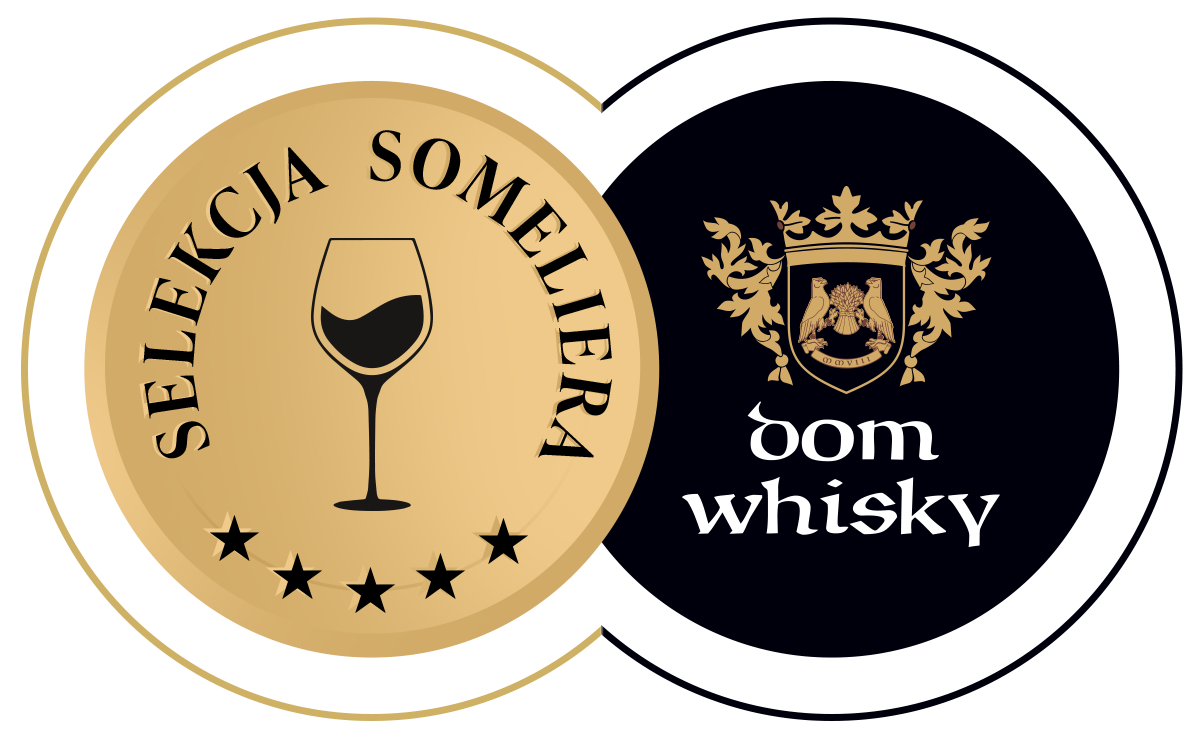Investment wines
Collector wines are exceptional beverages gathered by wine enthusiasts both for pleasure and as an investment. They are characterized by high quality, coming from renowned wineries, limited production, and a long aging potential, which increases their value. Many of them come from prestigious appellations, and their rarity and history add to their appeal. Fine wines often appreciate in value thanks to high ratings given by respected critics, making them an interesting investment alternative.
Building a private collection and investing in wine is a process that requires care and knowledge. Those who want to approach this topic professionally, treating their collection as a capital investment, should consider working with an experienced specialist. Such an expert will not only help create the collection but also take care of its maintenance and inventory. Winemaking is based on relationships, so contacts with producers and négociants are crucial.
For those who collect wines with the intention of consuming them, it is important to follow the opinions of recognized authorities in the industry, such as Robert Parker or Jancis Robinson, and to use reputable sources like Wine Spectator or Decanter. Having such an advisor can prove invaluable, as building a collection is not only about purchasing wines but also about proper storage and cataloging.

Costs associated with building a collection can be significant. The minimum budget needed to start a collection is around 15,000 PLN, and for more serious investments, especially in the most expensive spirits, one should prepare for much higher expenses. Building a cellar at home costs around 100,000 PLN, and storing bottles in professional wine hotels ranges from 2 to 15 euros per month per bottle. Advisory service costs start from 10,000-15,000 PLN.
Beginner collectors often reach for French wines, which are considered some of the best in the world. Although other regions, such as Napa Valley or Barossa, also receive high ratings, French wines remain the most sought after. It is crucial to understand why some wines have become icons; for example, the 1855 classification in the Médoc region introduced a market for outstanding wines.
A high price does not always guarantee the highest quality. Key factors influencing the price of a bottle include weather conditions, tasting results, and limited production, as well as marketing. Some wines achieve high prices due to their uniqueness and rarity.

When it comes to the characteristics of wines suitable for long-term storage, acidity, alcohol and sugar content, as well as tannins, are important. Wines with a balanced ratio of these elements are more resistant to the passage of time. It is also recommended to pay attention to grape varieties with particularly long longevity.
The trade of collectible wines takes place mainly through winemakers, auction houses, and specialized online platforms. It is important to check storage certificates and expert recommendations, which influence the value of the wines.
Building a private wine collection is not only an investment but also an exciting adventure related to discovering the richness of the wine world. It is worth approaching this topic with caution and investing time in getting to know the market and its nuances.
